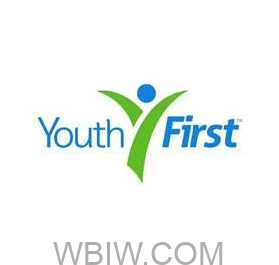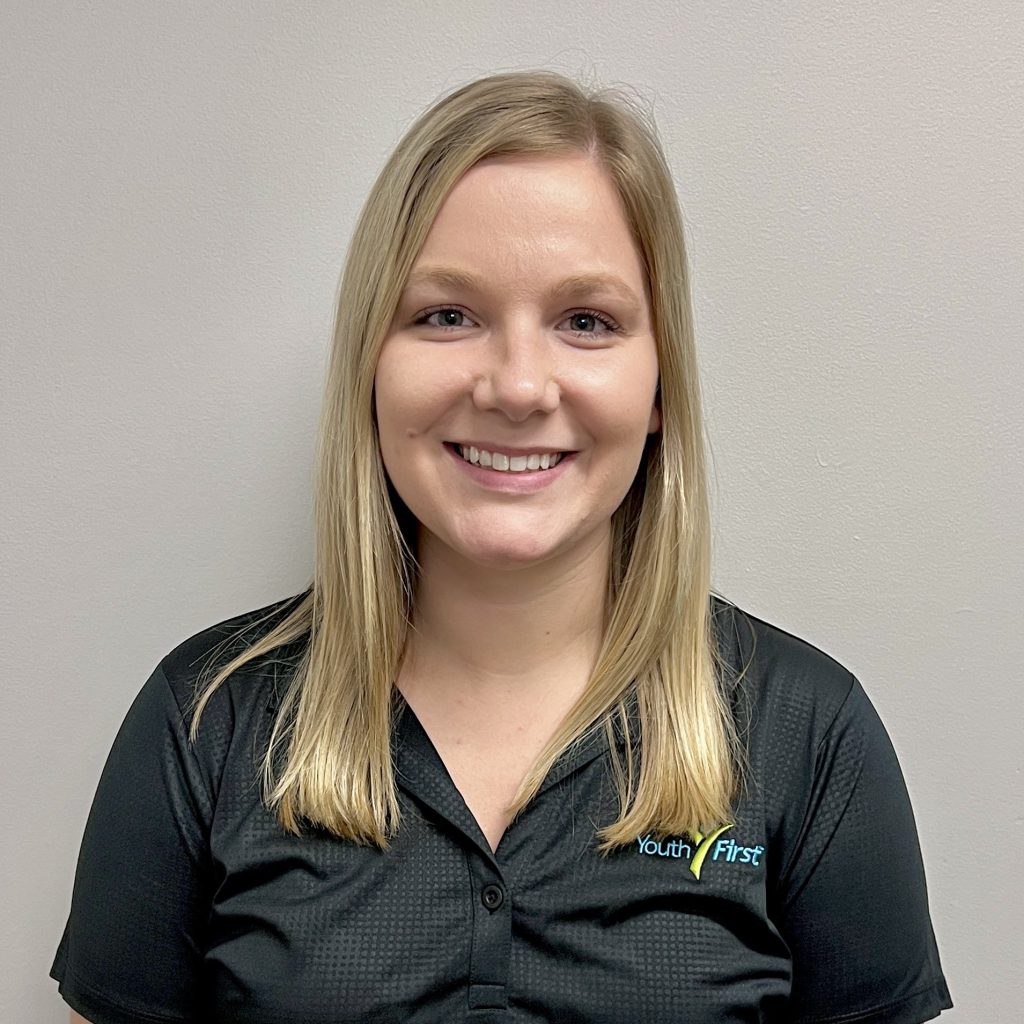
INDIANA – Navigating friendships in high school can be daunting for many teens. As we grow older, our brains become more complex, and with that, our friendships become more complex as well. It is no longer as simple as relying on our parents to help us make friends through playdates with the children of their friends.

High school students must learn to navigate peer relationships independently, which can be challenging. However, with the right guidance and support, it is possible to build strong and healthy friendships that can last a lifetime.
It is vital to remember friendships do not form at the snap of a finger. They take time to develop and mature. School is a prime place to make friends; however, this is not easy for every student. Remind your teen that if they notice someone without a friend or friend group, they could encourage that student to join them at lunch or get involved in a club, sport, hobby, or outside organization they are interested in.

Parents also want to watch for signs of unhealthy friendships; here are some red flags:
- Your child isolates from other friends, peers, or family
- The friend shames them for spending time with others
- Your child has a significant age gap with their friend(s)
- The friend strives to “one-up” them after they share good/bad news
- The friend blames them for their own problems or disciplinary actions
- The friend encourages them to keep secrets from everyone but the friend
- You notice shifts in behavior or engaging in behavior that is more reckless
- Feeling drained or not feeling like themselves after spending time with friends

If you or your child see some of these red flags in a friendship, they must let the friend know how they feel. Encourage them to use “I” statements such as, “I don’t like when you get mad when I want to spend time with my family.” Another tip is to stick with the facts. Stating facts comes off as less aggressive and can help if the friend becomes defensive.
It is also important for your child to establish and hold firm boundaries in a friendship. If a friend continues crossing their boundaries, your child must consider establishing stronger ones.

You can also advise your child to take a break from unhealthy friendships to help them process how to communicate more effectively and establish healthy boundaries.
Additionally, here are some tips to help your teen build positive friendships:
- Model healthy friendships yourself
- Have a discussion with your teen on what qualities they look for in a friend
- Highlight good qualities you see in their friends
- Help them realize quality friendships are better than quantity
- Be supportive and lend a listening ear
- Be realistic about friendships having ups and downs
When reflecting on friendships at the high school level, it is important to remember that our friendships play a part in how others view us and how we are remembered. It is important to seek characteristics and values in a friend that reflect our own.

For example, if they would like others to remember them as a welcoming person, they should surround themselves with peers who will let others join their circle and make them feel welcome. Please encourage them to remember who they are and want to be. We all have control over who we choose as friends. As humans grow and change, so do friendships.

Information by Krista Kirk, MSW, LSW, a Youth First Social Worker at Mitchell Elementary, Junior High, and High School in Lawrence County.
Youth First, Inc. is a nonprofit dedicated to strengthening youth and families, providing 90 highly trained mental health professionals (primarily master’s level social workers), prevention programs, parent engagement coordinators, and bilingual support personnel to 125 schools across 14 Indiana counties. Over 50,000 youth and families per year are served by Youth First’s school-based social work and community programs that promote mental health, prevent substance misuse, and maximize student success.
To learn more about Youth First, visit youthfirstinc.org or call 812-421-8336.



